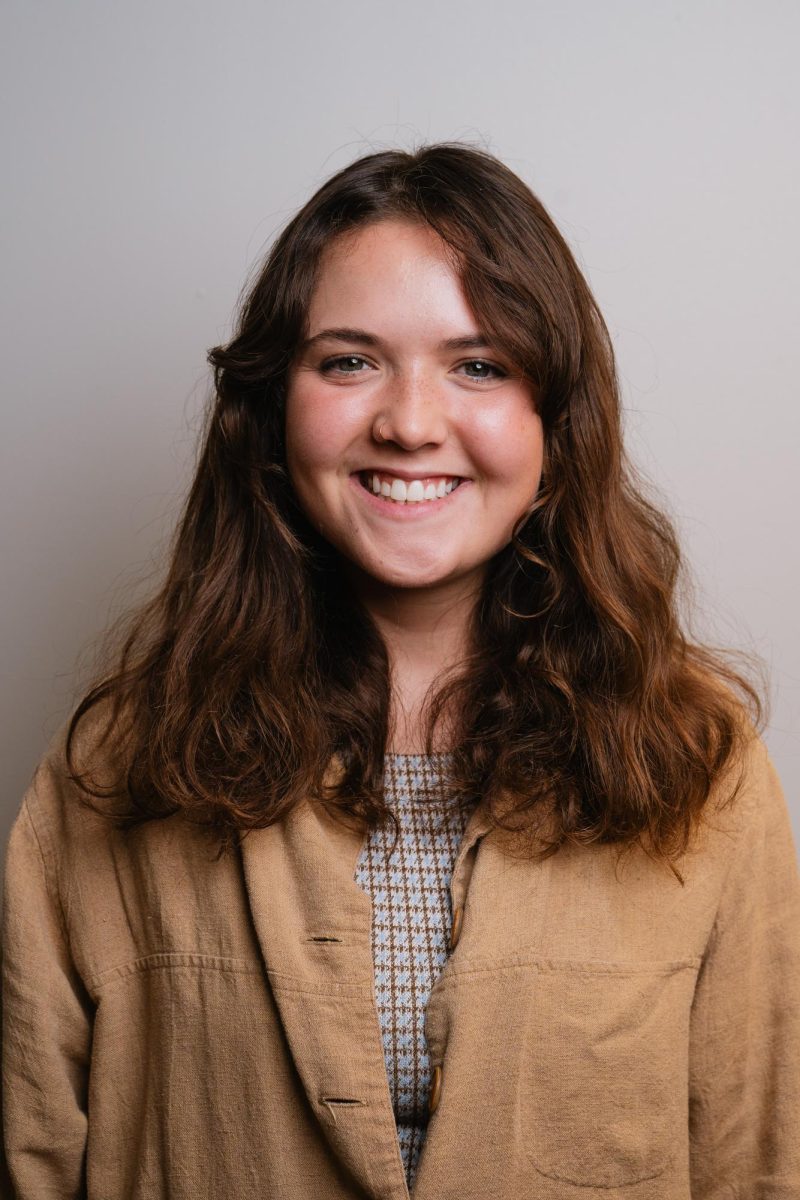Task force to scout ‘residential college’ concept for ISU
January 31, 2000
ISU students may soon have yet another option to choose from when deciding where to live.
A task force composed of ISU students, faculty and administration has recently started investigating the benefits and options involved in creating a residential college program at Iowa State.
Randy Alexander, director of the Department of Residence, said the task force has started learning about the program and is looking at how residential college programs work at different schools.
“It means different things on different campuses,” he said. “We’re looking at different models to decide what fits for Iowa State.”
While residential college programs may vary at different schools, Alexander said they are based on the idea of a residence hall building, which includes not only student living space, but also rooms for classes, seminars and possibly faculty offices or apartments.
Tom Hill, vice president for Student Affairs and chairman of the committee, said the task force is planning on visiting the residential college at the University of Minnesota this week.
“We’re going to talk to faculty, staff and students,” he said. “We want to get a feel for the impact at the University of Minnesota as much as we possibly can.”
Hill said the group is also planning visits to the University of Michigan and the University of Virginia.
Government of the Student Body President Matt Craft said he hopes the visits will help the task force learn more about how the college program works.
“That’ll probably clear up a lot to see what they’re actually like; there’s only so much you can find out by talking about them and looking at diagrams,” he said.
Alexander said the task force has heard about several of the benefits in the residential college, including that students in the program felt more comfortable around the faculty since they saw them on a daily basis and not just in the classroom.
Faculty members also said the program was beneficial since it gave them a better understanding of what was happening in their students’ lives and created a community feel in the classroom.
Howard Shapiro, vice provost for undergraduate programs, said while the learning team is an excellent program and will continue at Iowa State, the residential college would offer more resources.
“It would have a whole variety of options in one place,” he said.
Craft said while he appreciates the potential benefits of the community, he still has some questions.
“It’s an interesting possibility,” he said. “The only thing that concerns me is that we don’t get overly segregated, that we keep enough interaction between disciplines and backgrounds.”
Both Alexander and Shapiro said they are aware of the possibility of the program having too much of a class focus, but said they are not very concerned about it.
“Hopefully, there will be enough other components that the students wouldn’t burn out,” Shapiro said.
Alexander said if the program is put in place at Iowa State, it would probably be included in one of the new Union Drive buildings as part of the Department of Residence’s Strategic Plan, but added that nothing has been finalized with the program.
“We’re still in the idea stage,” he said. “These are just some of the ways that other campuses have done it.”
Hill also said the group is not rushing into any decisions about the college.
“We’ve got to be very careful that we investigate this thing,” he said. “We want it to be beneficial to the culture of Iowa State.”
















